cwootiee
true crime, astrophysics and marvel obsession | INTJ-T
160 posts
Latest Posts by cwootiee

2023 January 8
Where Your Elements Came From Image Credit & License: Wikipedia: Cmglee; Data: Jennifer Johnson (OSU)
Explanation: The hydrogen in your body, present in every molecule of water, came from the Big Bang. There are no other appreciable sources of hydrogen in the universe. The carbon in your body was made by nuclear fusion in the interior of stars, as was the oxygen. Much of the iron in your body was made during supernovas of stars that occurred long ago and far away. The gold in your jewelry was likely made from neutron stars during collisions that may have been visible as short-duration gamma-ray bursts or gravitational wave events. Elements like phosphorus and copper are present in our bodies in only small amounts but are essential to the functioning of all known life. The featured periodic table is color coded to indicate humanity’s best guess as to the nuclear origin of all known elements. The sites of nuclear creation of some elements, such as copper, are not really well known and are continuing topics of observational and computational research.
∞ Source: apod.nasa.gov/apod/ap230108.html

Chewie, we’re home
.
.
.
Honouring these two legends on Star Wars day. May the force be with you.
Hubble’s 5 Weirdest Black Hole Discoveries
Our Hubble Space Telescope has been exploring the wonders of the universe for nearly 30 years, answering some of our deepest cosmic questions. Some of Hubble’s most exciting observations have been about black holes — places in space where gravity pulls so much that not even light can escape. As if black holes weren’t wild enough already, Hubble has helped us make discoveries that show us they’re even weirder than we thought!
Supermassive Black Holes Are Everywhere

First, these things are all over the place. If you look at any random galaxy in the universe, chances are it has a giant black hole lurking in its heart. And when we say giant, we’re talking as massive as millions or even billions of stars!

Hubble found that the mass of these black holes, hidden away in galactic cores, is linked to the mass of the host galaxy — the bigger the galaxy, the bigger the black hole. Scientists think this may mean that the black holes grew along with their galaxies, eating up some of the stuff nearby.
Some Star Clusters Have Black Holes

A globular cluster is a ball of old, very similar stars that are bound together by gravity. They’re fairly common — our galaxy has at least 150 of them — but Hubble has found some black sheep in the herd. Some of these clusters are way more massive than usual, have a wide variety of stars and may even harbor a black hole at the center. This suggests that at least some of the globular clusters in our galaxy may have once been dwarf galaxies that we absorbed.
Black Hole Jets Regulate Star Birth

While black holes themselves are invisible, sometimes they shoot out huge jets of energy as gas and dust fall into them. Since stars form from gas and dust, the jets affect star birth within the galaxy.

Sometimes they get rid of the fuel needed to keep making new stars, but Hubble saw that it can also keep star formation going at a slow and steady rate.
Black Holes Growing in Colliding Galaxies

If you’ve ever spent some time stargazing, you know that staring up into a seemingly peaceful sea of stars can be very calming. But the truth is, it’s a hectic place out there in the cosmos! Entire galaxies — these colossal collections of gas, dust, and billions of stars with their planets — can merge together to form one supergalaxy. You might remember that most galaxies have a supermassive black hole at the center, so what happens to them when galaxies collide?

In 2018, Hubble unveiled the best view yet of close pairs of giant black holes in the act of merging together to form mega black holes!
Gravitational Wave Kicks Monster Black Hole Out of Galactic Core

What better way to spice up black holes than by throwing gravitational waves into the mix! Gravitational waves are ripples in space-time that can be created when two massive objects orbit each other.

In 2017, Hubble found a rogue black hole that is flying away from the center of its galaxy at over 1,300 miles per second (about 90 times faster than our Sun is traveling through the Milky Way). What booted the black hole out of the galaxy’s core? Gravitational waves! Scientists think that this is a case where two galaxies are in the late stages of merging together, which means their central black holes are probably merging too in a super chaotic process.
Want to learn about more of the highlights of Hubble’s exploration? Check out this page! https://www.nasa.gov/content/goddard/2017/highlights-of-hubble-s-exploration-of-the-universe
Make sure to follow us on Tumblr for your regular dose of space: http://nasa.tumblr.com









around the world: london, uk
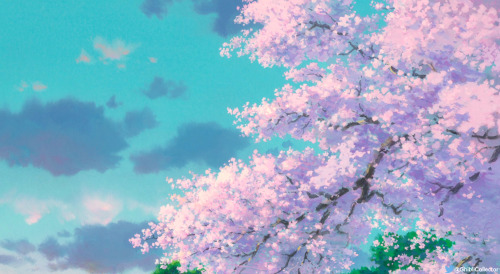



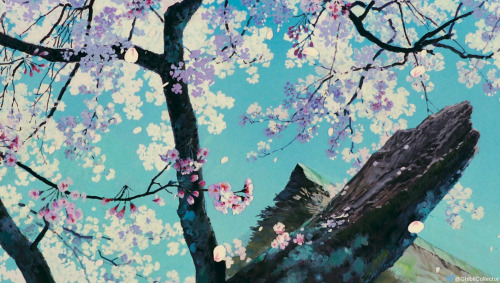




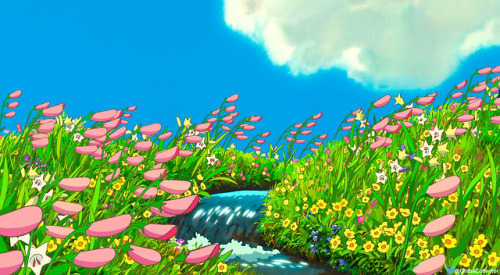
The Floral Art Of Studio Ghibli

women computer science meme

“Be curious, and however difficult life may seem, there is always something you can do, and succeed at. It matters that you don’t just give up.” - Sthepen William Hawking.
Your brilliant mind will be greatly missed. 🤓 The entire world and I will never forget you. RIP Professor Stephen Hawking! 🙏




🌟 1/5/17 🌟
reminiscing: cambridge, 2016


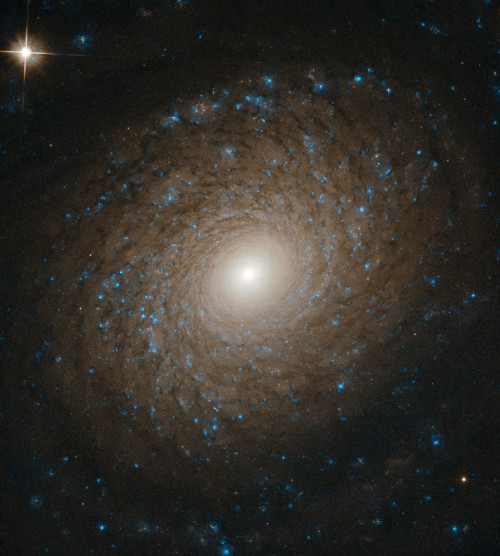
Flawless. Gorgeous. Stellar.
You probably think this post is about you. Well, it could be.
In this image taken by our Hubble Space Telescope, we see a spiral galaxy with arms that widen as they whirl outward from its bright core, slowly fading into the emptiness of space. Click here to learn more about this beautiful galaxy that resides 70 million light-years away.
Credit: ESA/Hubble & NASA, L. Ho Make sure to follow us on Tumblr for your regular dose of space: http://nasa.tumblr.com.

Charlotte Corday, who assassinated Jean-Paul Marat in his bath during the French Revolution. 1860. Paul Baudry.
Wiki Commons










Eleven and Max - Stranger Things Season Three

Spectacular death. Spectacular star. Your crushed heart remains bright from afar. You’re looking at a composite image of the Crab Nebula, located 6,500 light-years away. The white dot in the center — an extremely dense ball of neutrons just 12 miles across but with the same mass as our Sun — is all that remains from a star that exploded in 1054 A.D. Had the blast occurred 50 light-years away, its intense radiation would have wiped out most life forms on Earth. Spectacular death. Spectacular star. We’re grateful we can admire you from afar.
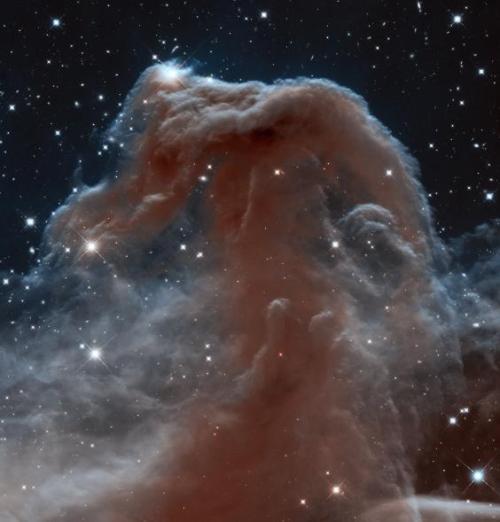
Known as the Horsehead Nebula – but you can call it Starbiscuit.
Found by our Hubble Space Telescope, this beauty is part of a much larger complex in the constellation Orion.
Make sure to follow us on Tumblr for your regular dose of space: http://nasa.tumblr.com.
chemistry is currently making me want to die




“Modern Myths” part 1
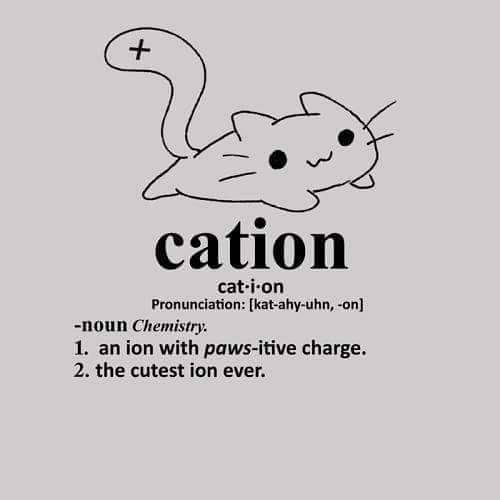

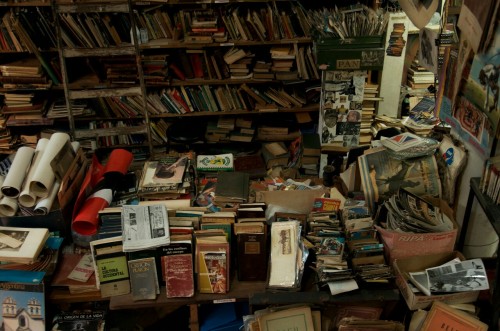
![Pillars Of Creation, Lick Observatory, 2018 [RAW]](https://64.media.tumblr.com/ca236b8679bc79f383222a8b14bc0989/tumblr_pgqbc7tuOp1us21qco1_500.png)
Pillars of creation, Lick Observatory, 2018 [RAW]
Having recently attended a workshop at the Lick Observatory and the opportunity to observe at the telescopes there, this is the raw data of the pillars of creation that we were able to capture using the Nickel Telescope whilst there.
Exposure time: 300 seconds
Location : M16 (Eagle Nebula)
This image needs to reduced even further to correct for the anomalies in color that one can observe on the image and that’s something we are currently working on. We hope to share the entire data with you in a month’s time after post-processing.
Have a good one!









Jake Gyllenhaal fanboying over Tom Holland.





In 1880, Nikola Tesla lived in Prague at 13 Smeckach St.. He spent most of his time at the Klementinum Library and Narodni Kavarna (People’s Cafe) on Vodickova St.

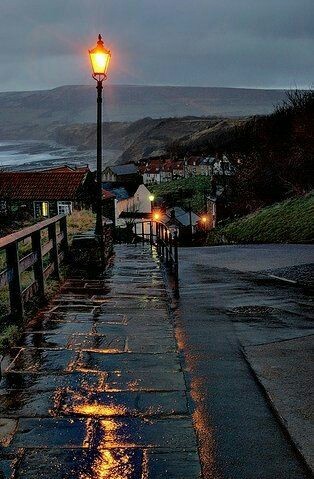


I love these roads where the houses don’t change…
-400 Lux by Lorde

t h e - r o b e r t - l a n g d o n - s e r i e s
should I turn into a studyblr?
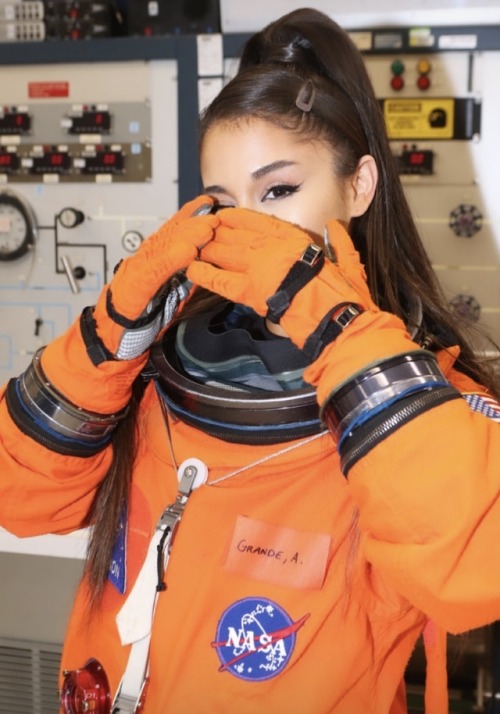
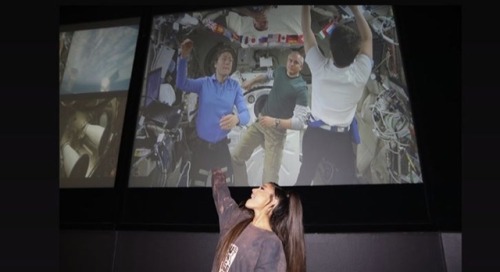
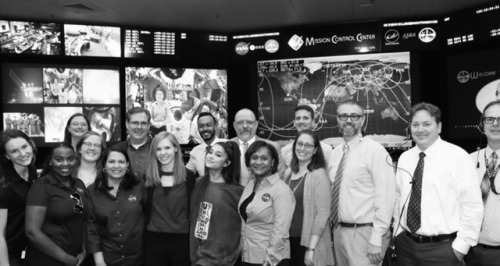

Ariana Grande got some space at N-A-S-A. Get yours too.
Make sure to follow us on Tumblr for your regular dose of space: http://nasa.tumblr.com.


Ed Kemper with FBI special agents, John Douglas and Robert Ressler. The two agents interviewed him as part of their research for creating the Behavioral Analysis Unit.
excelsior ♡






I saw a fly crawling on the wall, and I said, “Wow! Suppose a person had the power to stick to a wall like an insect.” So I was often running and I thought, “What do I call him?” I tried Mosquito Man—that didn’t have any glamour. Insect Man—that was even worse. I went down the line and I got to Spider-Man! It sounded mysterious and dramatic. And lo, a legend was born!
Rest in peace, Stan Lee (December 28, 1922–November 12, 2018)